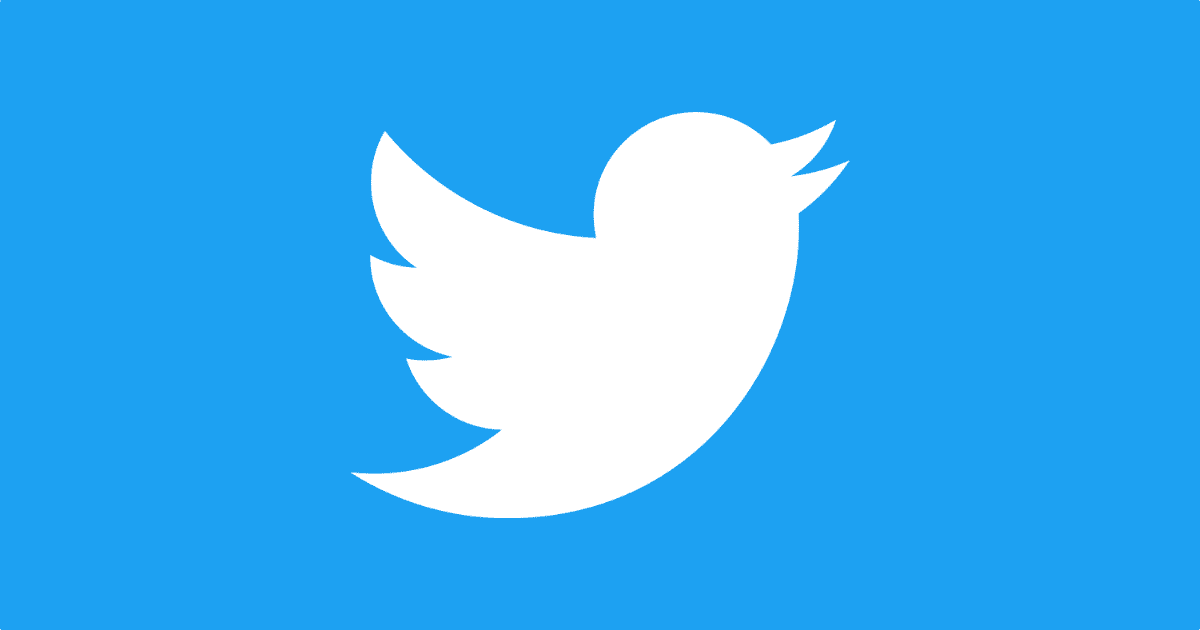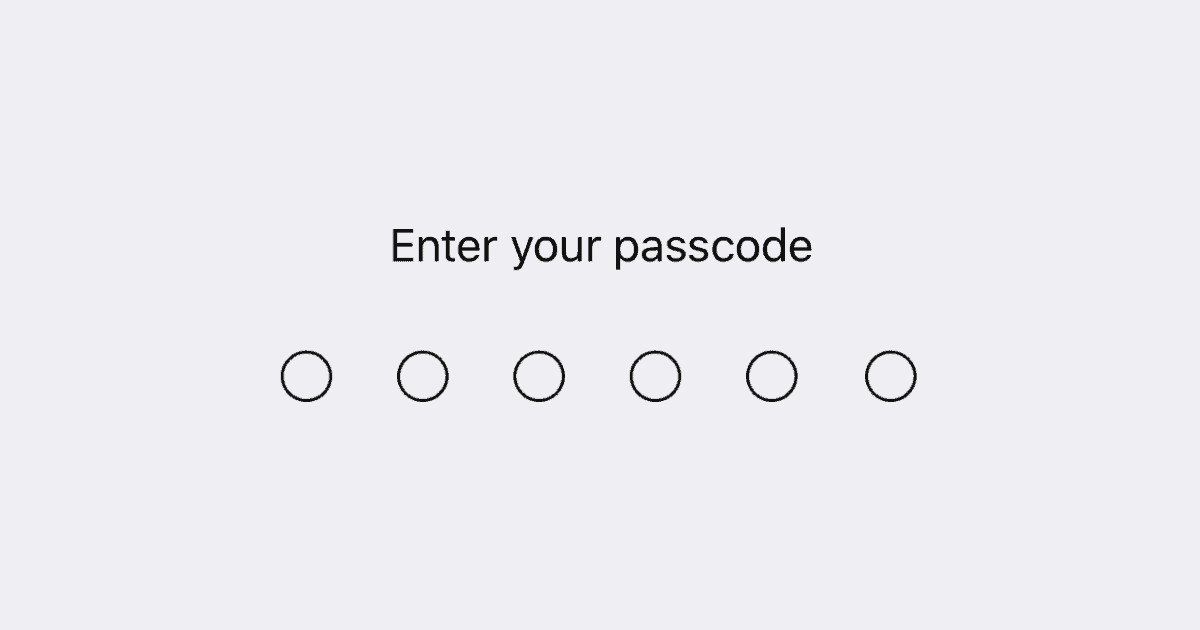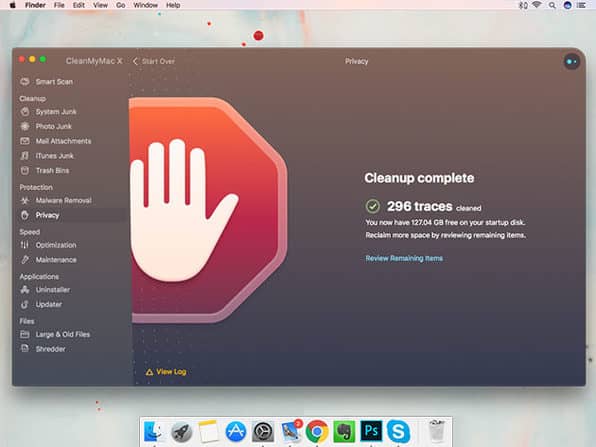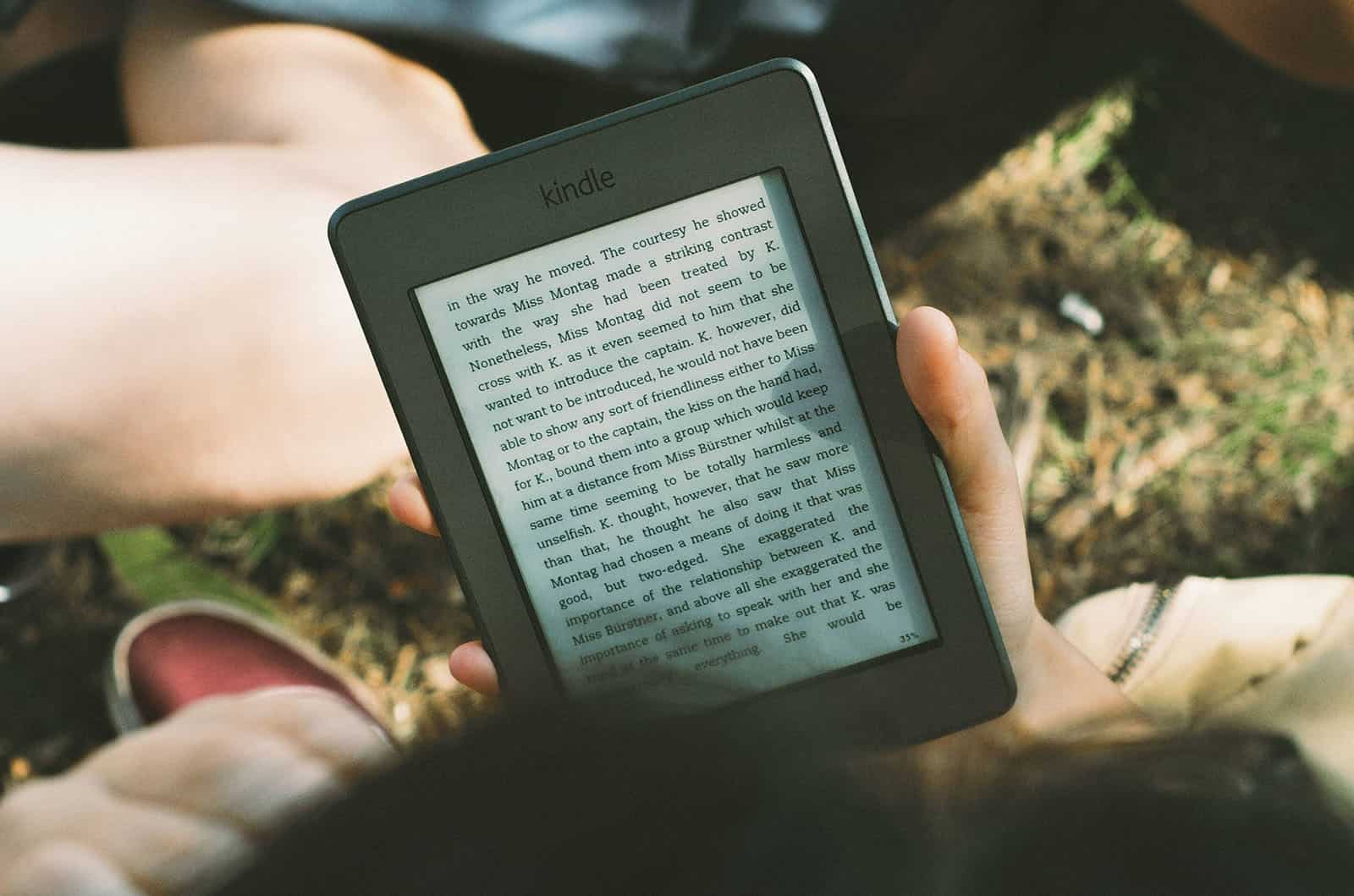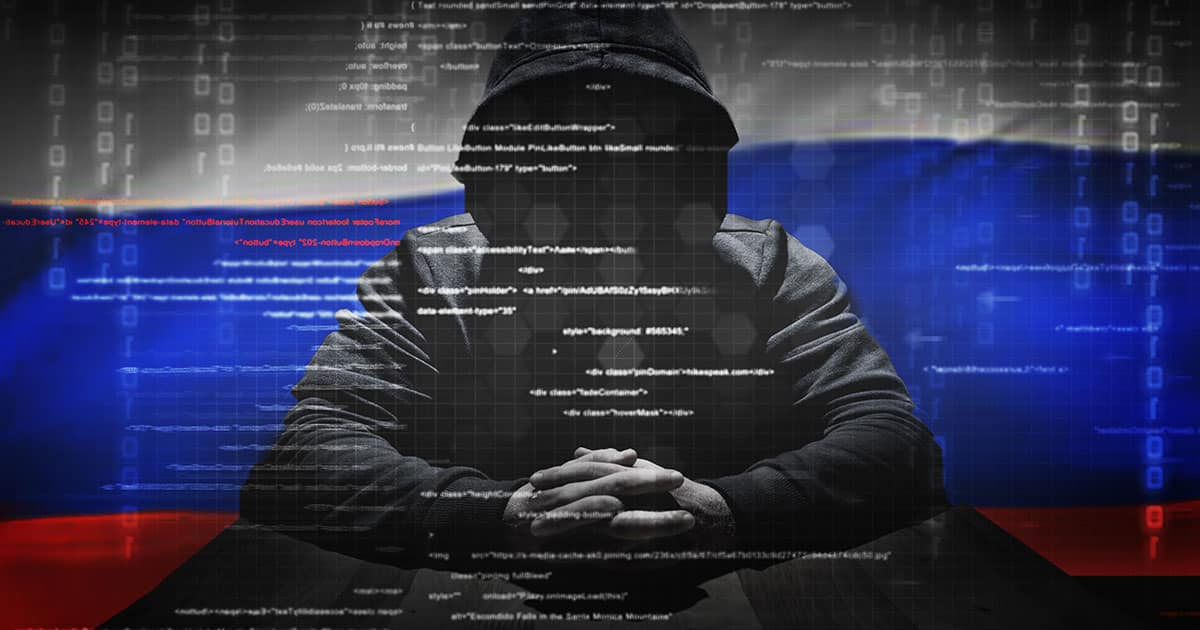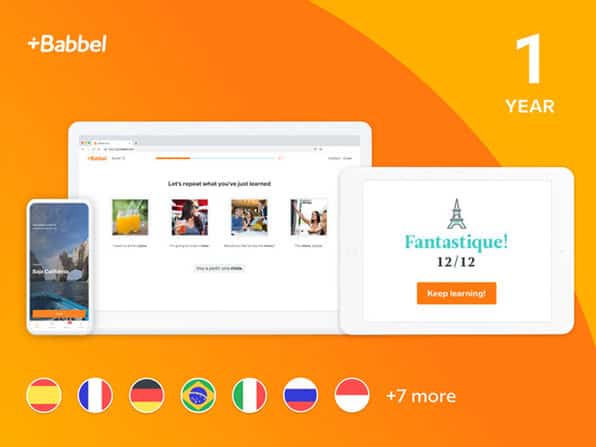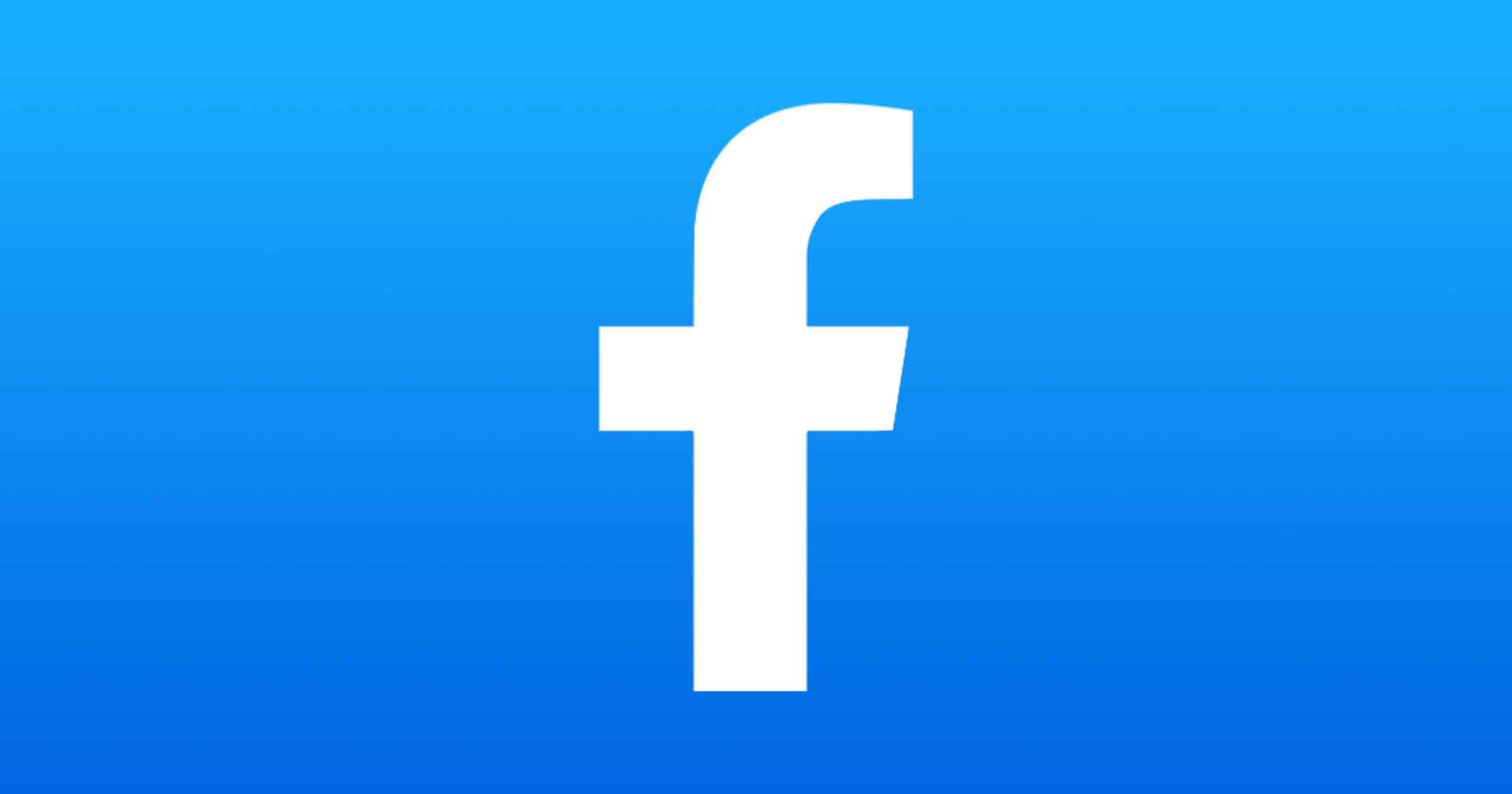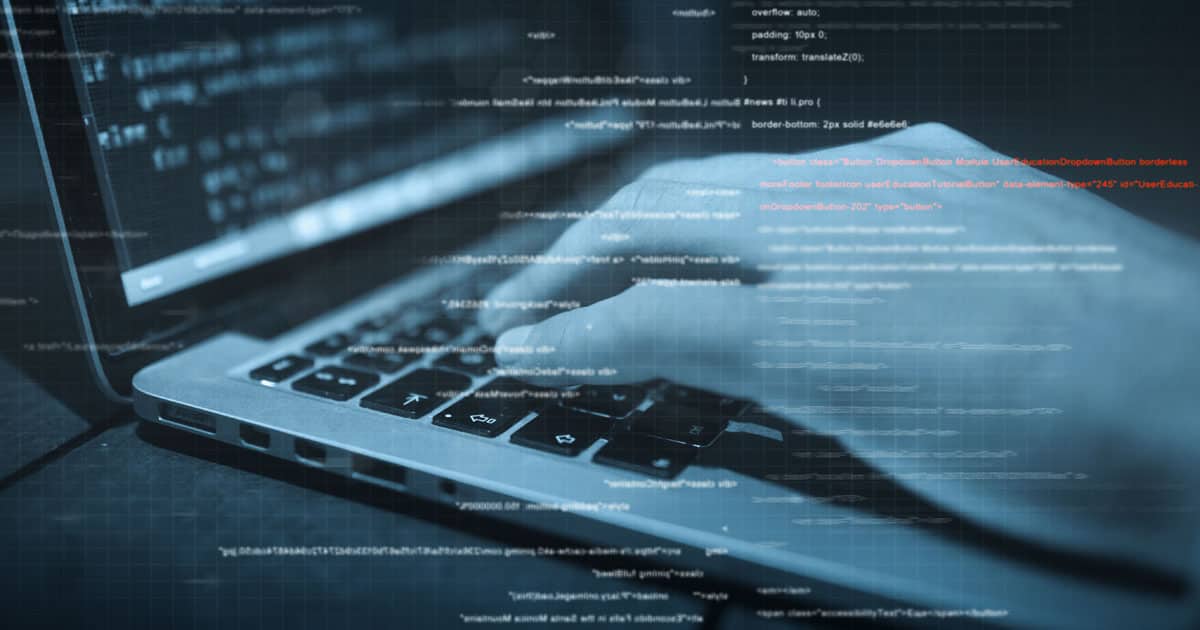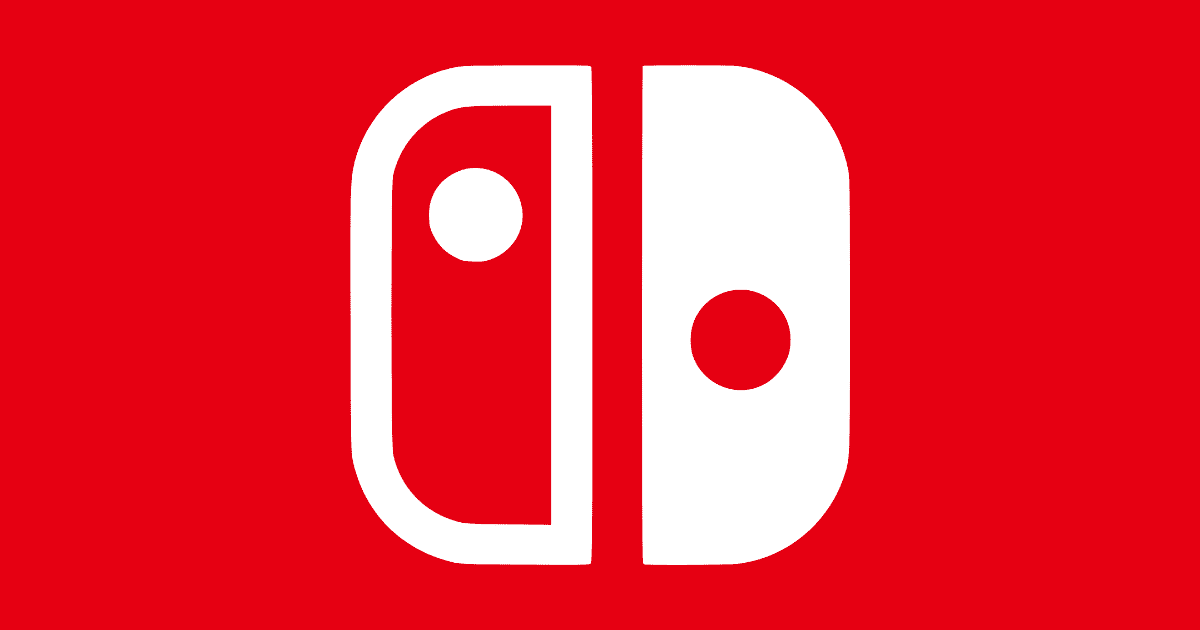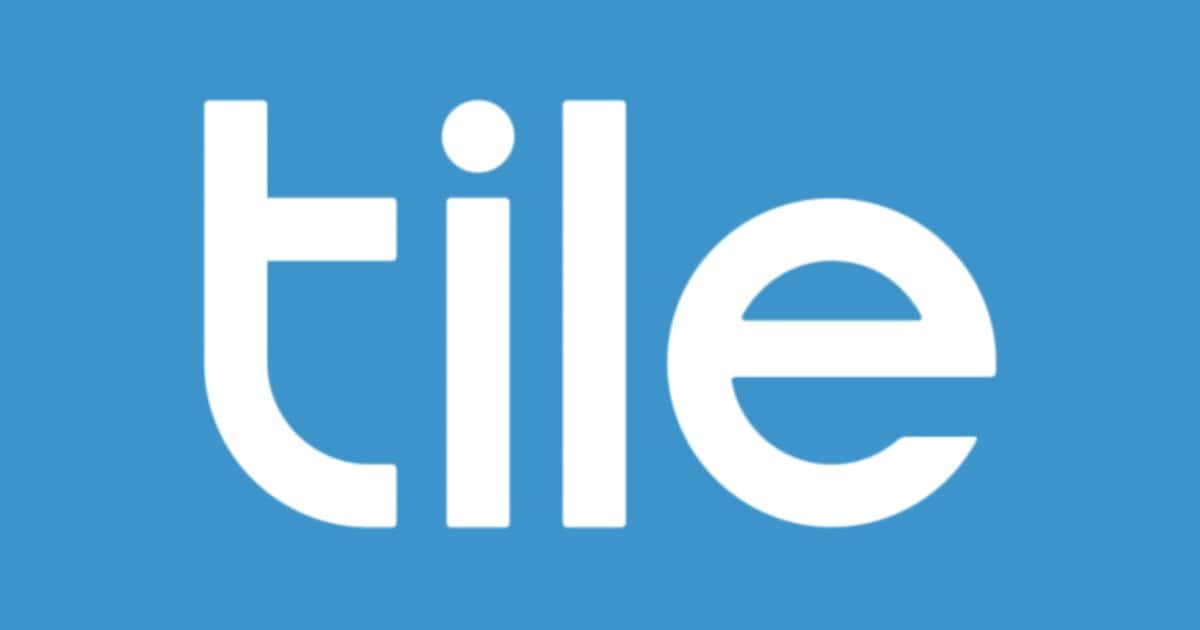Disney+ has hit the 50 million subscriber mark in just five months, The Guardian reports. While this figure is impressive, it has been boosted not only by lockdowns around the world but by a number of offers from telecoms firms.
Disney+, which launched in the UK and most major western European markets last month, with hits including the Star Wars live action spin-off The Mandalorian, has signed up 50m subscribers just five months after launch. It took its rival, Netflix, which has more than 160 million subscribers, seven years to reach the same milestone after moving from DVD rental by post to streaming in 2007. Disney, which launched in Europe with lower streaming speeds to help ease the burden on broadband networks as millions are confined to their homes, last reported subscriber numbers on 3 February. At that time, just as the coronavirus started its rapid spread in China and beyond, Disney+ had 28.6 million subscribers.


